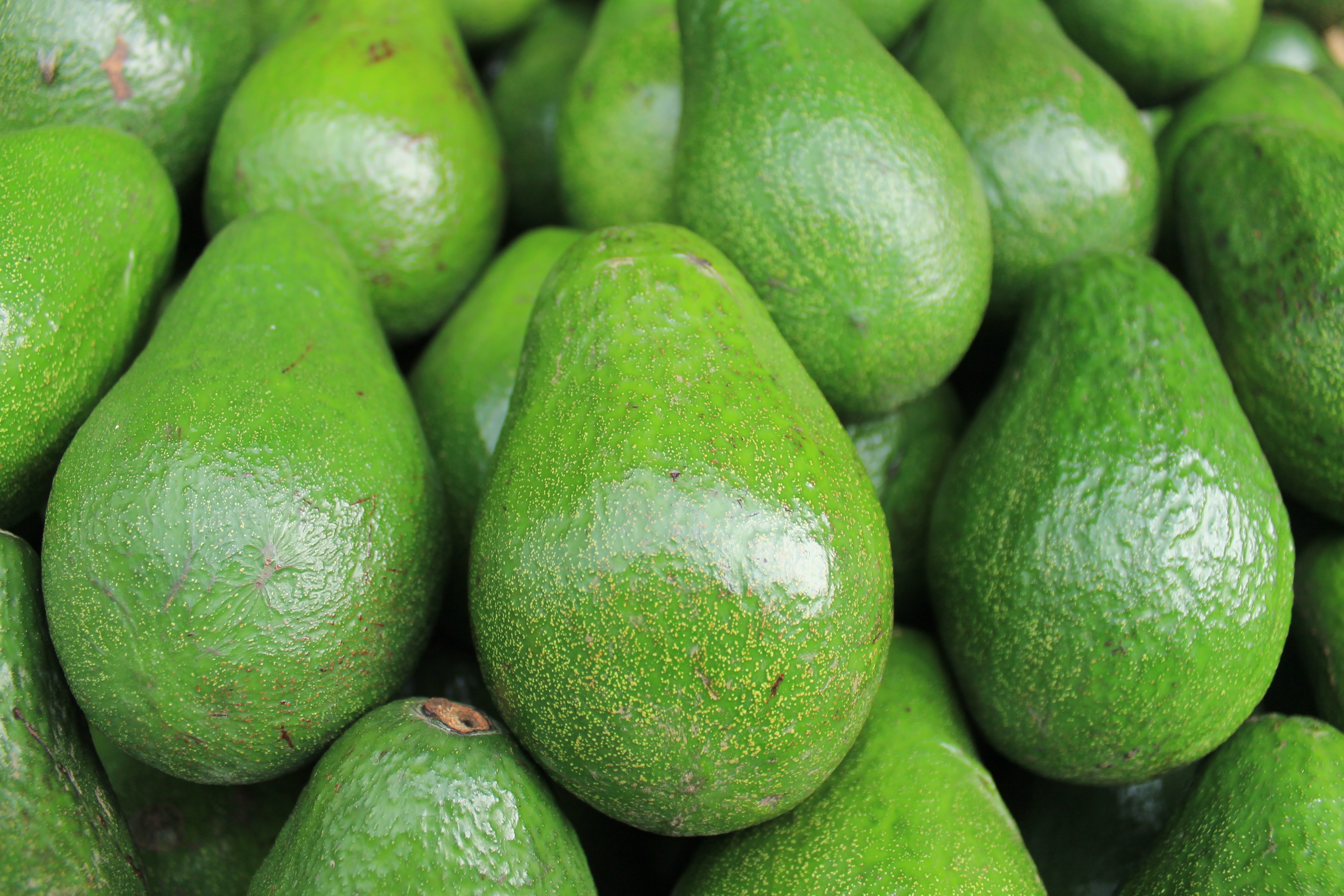In ‘The Foundation Series’ thus far, we have focussed on protein, carbohydrates and fibre. It is now time for fat; a complex topic but nonetheless, a very very important part of every persons diet. All of these food groups are macronutrients and all are important in their own way, especially when it comes to producing energy within the body.

WHAT IS FAT?
Scientifically speaking, fats are compounds of long chain fatty acids that contain many carbon and hydrogen atoms. There are multiple types of fats, however, the two main types are saturated and unsaturated. Those compounds without double bonds between carbon atoms are called saturated fat and these tend to be solid at room temperate. Those with one or multiple double bonds between carbon atoms are called unsaturated fats and tend to be liquid in composition.
WHY DO WE NEED FAT?
The body NEEDS fat! It is the most concentrated source of energy to the body. It is very important to remember that FAT DOES NOT MAKE YOU FAT, contrary to popular belief! The fat content in our body is not primarily dependant on the amount of fat you eat. In other words, the body has the psychological capability to turn carbohydrates into fat and occasionally this can also be seen with protein.
Fat is the most concentrated source of energy to the body, which also makes it the most calorically dense source too. Fat provides 37.7kj (9 calories) of energy per gram whereas protein and carbohydrates both provide 16.7kj (4 calories) of energy per gram consumed. Don’t let this deter you though! Like protein and carbohydrates, fat is just as important in our daily diets.
When we discussed carbohydrates earlier on in this series, we highlighted that carbohydrates are the quickest to digest, hence they are the most readily available source of energy for the body once consumed. Fat, however, is insoluble in our bloodstream, hence, it acts as more of an energy reserve making it useful long term.
Some fat is needed in our diet as it provides us with fat-soluble vitamins and essential fatty acids. They are also important in the protection and insulation of our vital organs as well as ensuring a balanced core body temperature. Fats are required in the absorption process of our fat-soluble vitamins – A, D, E and K. All of these vitamins are important in maintaining the optimal health of our skin, eyes, brain, hair, hormones, nails and tissues.

SOURCES OF FAT?
Saturated fats are unhealthy fats, eating greater amounts of saturated fat is linked with an increased risk of heart disease and high blood cholesterol levels. These fats are solid at room temperature and are found in:
Animal-based products:
- Dairy foods – such as butter, cream, ice-cream, full fat milk, custard and cheese
- Meat – such as fatty cuts of beef, pork and lamb, processed meats like salami, and chicken (especially chicken skin).
Some plant-derived products:
- Palm oil
- Coconut oil, milk and cream
- Cooking margarine.
Saturated fats are also commonly found in many manufactured and packaged foods such as:
- Fatty snack foods
- Deep fried take away foods e.g. hot chips, chicken nuggets, spring rolls, battered/crumbed fish
- Packaged cakes and biscuits
- Pastries and pies.
Unsaturated fats are healthy fats and are an important part of a healthy diet. These fats help reduce the risk of heart disease and lower cholesterol levels (among other health benefits) when they replace saturated fats in the diet.
There are two main types of unsaturated fats: polyunsaturated fats and monounsaturated fats.
Polyunsaturated fats:
- Omega-3 fats which are found in oily fish such as salmon, sardines and anchovies as well as walnuts, canola oil, soy products, flaxseeds and omega-3 enriched eggs.
- Omega-6 fats which are found in some oils such as safflower and soybean oil, along with some nuts, including brazil nuts.
Monounsaturated fats:
- Found in olive and canola oil, avocados and some nuts, such as cashews and almonds.
Trans fats are unsaturated fats that have undergone a chemical change due to processing and as a result, behave like saturated fats. Trans fats are found in many processed foods such as deep fried foods, some takeaway meals, commercially baked goods like pies, pastries, cakes and biscuits. They offer no nutritional benefits.
SO, HOW MUCH FAT DO I NEED TO EAT?
Great question! However, there is no one fits all answer when it comes to this. Your fat needs are dependent on your age, gender, activity levels, stage of life, digestion and so many more factors. That is where I come in…flick me an email and we can set up a consultation to determine how much fat your need on a daily basis relevant to your health goals.
Check out the following editions of ‘The Foundation Series’ for more information.
The Foundation Series – Protein: The 411
The Foundation Series – Protein: Sources
The Foundation Series – Protein: Plant Protein Cheat Sheet

6Pingbacks & Trackbacks on The Foundation Series – Fat: The 411